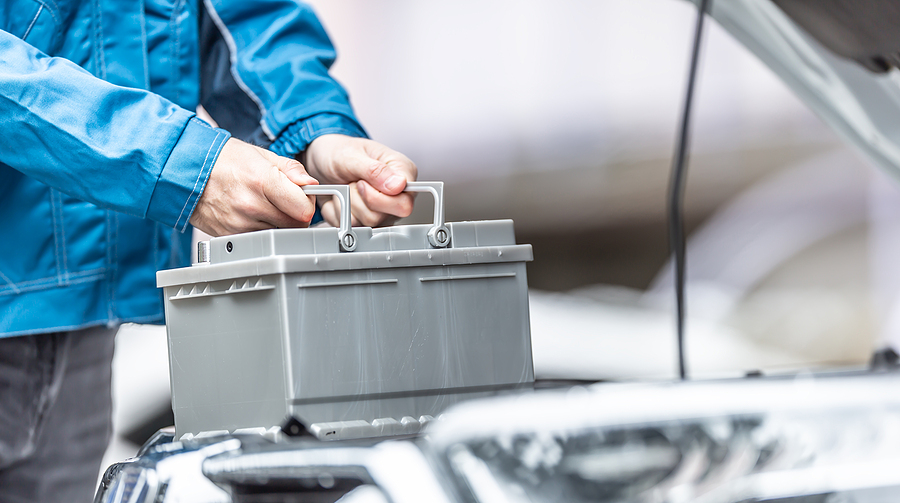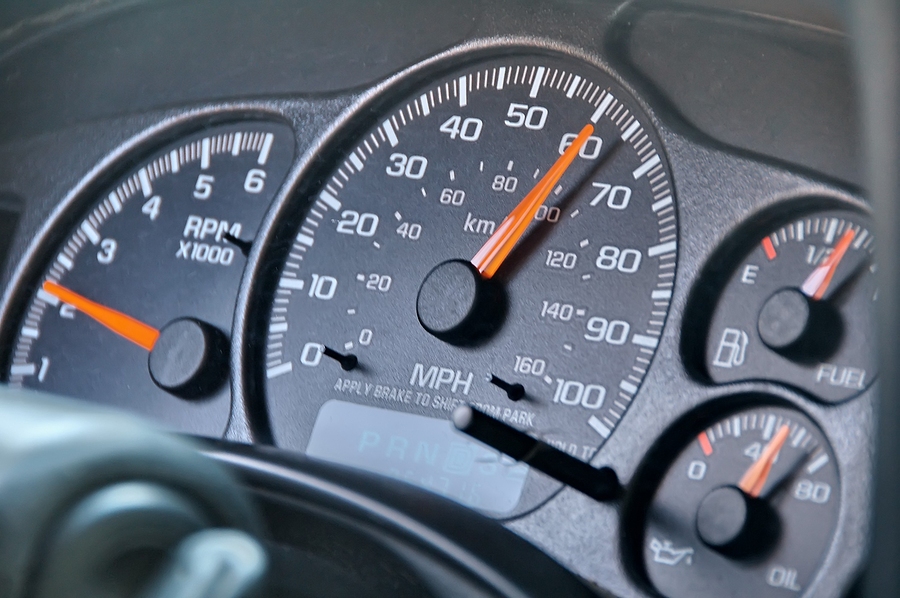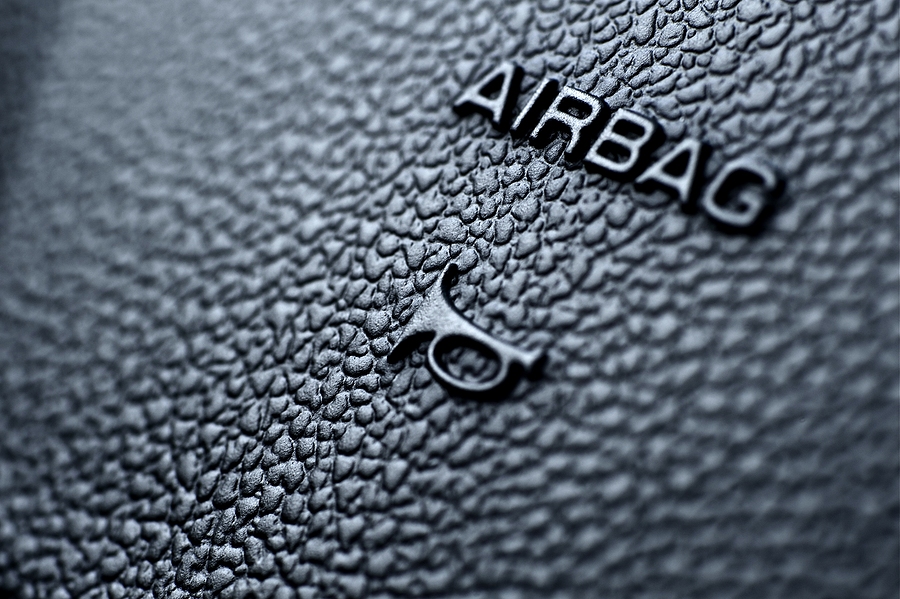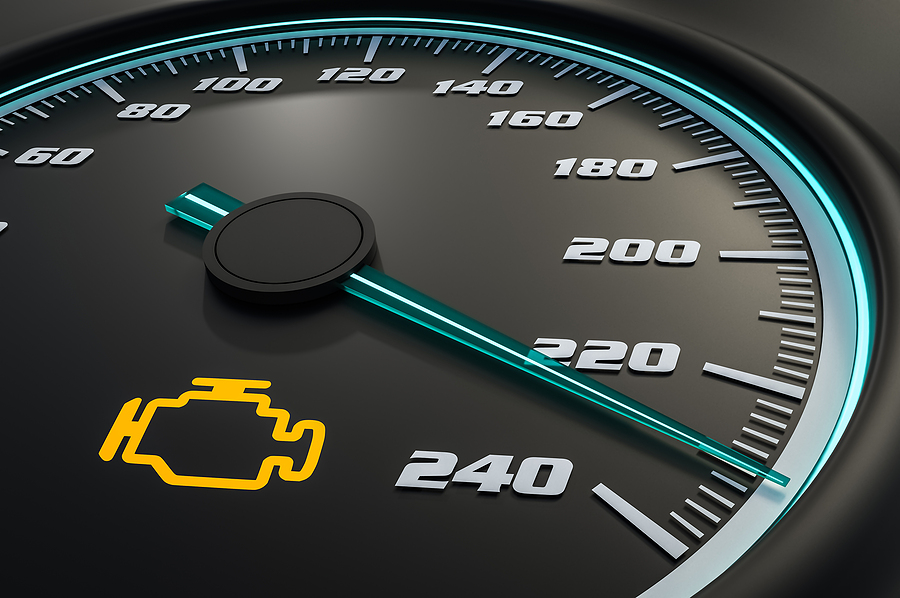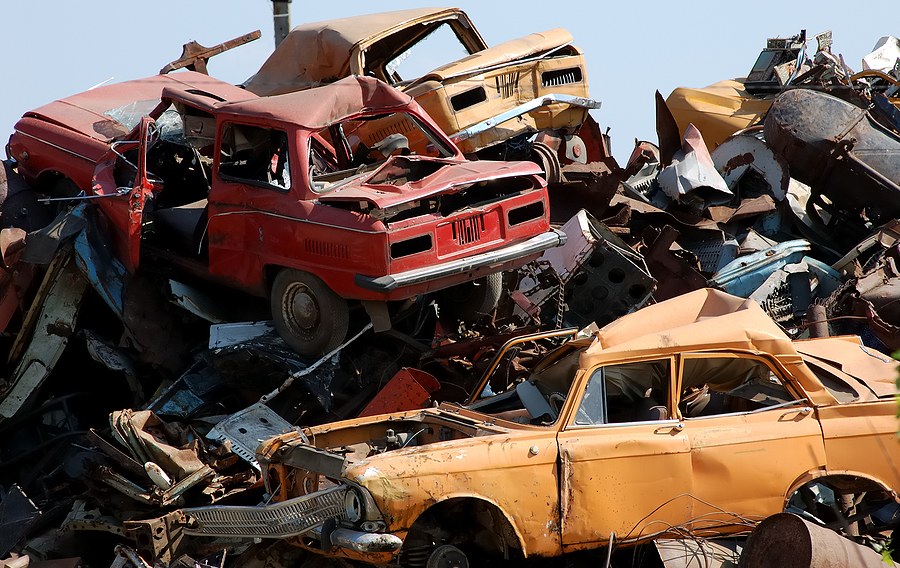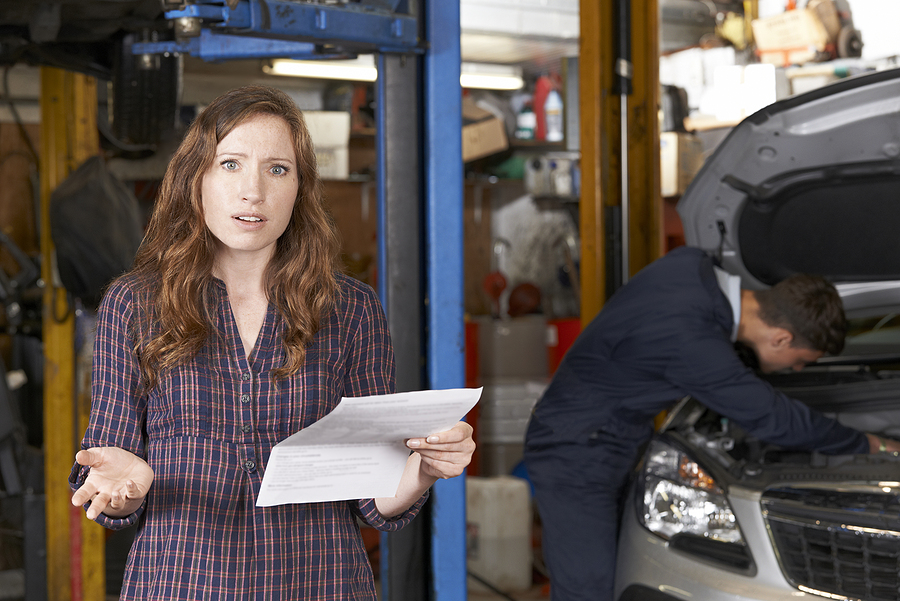There’s something magical about the gleam of polished chrome and the rumble of a well-tuned V8 engine that never fails to turn heads. Collector Car Appreciation Day offers enthusiasts across Ohio the perfect opportunity to celebrate these rolling pieces of history, honor the craftsmanship of yesteryear, and connect with fellow automotive enthusiasts who share the same passion for classic cars.
This special day isn’t just about admiring beautiful vehicles—it’s about preserving automotive heritage, recognizing skilled car restorers, and building a community around our shared love for collector cars. Whether you’re a seasoned collector or someone just beginning to appreciate classic automobiles, Ohio offers unique opportunities to celebrate this remarkable hobby.

The History and Significance of Collector Car Appreciation Day
#CollectorCarAppreciationDay
Collector Car Appreciation Day was established to recognize the impact collector cars have on American culture and the economy. The observance acknowledges not only the vehicles themselves but also the dedicated individuals who restore, maintain, and preserve these automotive treasures for future generations.
The significance extends beyond mere nostalgia. Collector cars represent important chapters in automotive history, showcasing technological innovations, design evolution, and manufacturing excellence from different eras. These vehicles serve as rolling museums, preserving the craftsmanship and engineering achievements that helped shape modern transportation.
For car collectors and enthusiasts, this day provides an opportunity to share their passion with others, educate the public about automotive restoration, and demonstrate the value of preserving automotive heritage. The celebration also highlights the economic impact of the collector car industry, which supports thousands of jobs in restoration, parts manufacturing, and related services.
Celebrating in Ohio: Events and Gatherings
Ohio’s vibrant automotive community comes alive during Collector Car Appreciation Day with various events and gatherings throughout the state. One of the most popular regular events is Cincinnati Cars and Coffee, held every Saturday morning at Crestview Hills Town Center. This weekly gathering brings together automotive enthusiasts from across the Cincinnati area, creating an informal yet passionate community where collectors can display their prized vehicles and share stories with fellow enthusiasts.
These gatherings offer more than just car viewing opportunities. They provide educational experiences where newcomers can learn about different makes and models, restoration techniques, and the stories behind each vehicle. Experienced collectors often share maintenance tips, restoration advice, and historical information about their cars, creating valuable learning opportunities for those interested in automotive restoration.
Local car clubs throughout Ohio also organize special events, cruise-ins, and show-and-shine competitions that coincide with Collector Car Appreciation Day. These events foster community connections and provide platforms for recognizing outstanding restoration work and preservation efforts.
Showcasing Unique Ohioan Collector Cars
Ohio’s automotive heritage includes several remarkable vehicles that deserve special recognition among car collectors. The state’s proximity to major automotive manufacturing centers and its rich industrial history have made it home to some truly unique collector cars.
The Peerless Motor Car Company Legacy
Cleveland’s Peerless Motor Car Company produced luxury automobiles in the early 20th century, creating vehicles that rivaled the finest European manufacturers. These rare models represent Ohio’s contribution to America’s luxury car market and showcase the state’s manufacturing excellence. Well-preserved Peerless vehicles are extremely valuable today, representing both automotive history and local pride.
The 1963 Studebaker Avanti Connection
While produced in South Bend, Indiana, the 1963 Studebaker Avanti has developed a strong following among Ohio’s Studebaker Drivers Club members. This innovative vehicle, with its distinctive fiberglass body and advanced aerodynamic design, represents forward-thinking automotive engineering that was ahead of its time.
Chevrolet Corvette Heritage
Ohio’s proximity to the Corvette’s assembly plant in Bowling Green, Kentucky, has created a passionate following for early Corvette models throughout the state. These iconic American sports cars hold special significance for Ohio collectors, representing the golden age of American automotive performance and design.
The Bantam Connection
Well-preserved examples of the Bantam vehicle hold special significance due to their connection to the WWII Jeep prototype. With ties to Butler, Pennsylvania, near the Ohio border, these vehicles represent an important chapter in American automotive and military history.
Contact Us for Free Scrap Car Removal
Tips for Maintaining and Preserving Collector Cars
Proper car maintenance is crucial for preserving the value and functionality of collector cars. Understanding the unique needs of vintage vehicles helps ensure these automotive treasures remain in excellent condition for years to come.
Regular Cleaning and Protection
Wash and wax your collector car frequently to protect the paint from environmental elements. Use pH-neutral products specifically designed for automotive finishes to avoid damage to delicate paint systems. Regular cleaning prevents contaminants from causing permanent damage to your vehicle’s finish.
Proper Storage Solutions
Store your collector car in a climate-controlled environment to prevent rust, corrosion, and material degradation. Temperature fluctuations and humidity can cause significant damage to both mechanical components and interior materials. A proper storage facility protects your investment from environmental threats.
Fluid Maintenance
Regularly check and change all fluids, including oil, coolant, brake fluid, and transmission fluid. These fluids are the lifeblood of your vehicle’s mechanical systems, and maintaining proper levels and quality keeps everything running smoothly. Use fluids that meet or exceed the original specifications for your vehicle.
Tire Care and Maintenance
Maintain proper tire pressure and rotate tires regularly to ensure even wear patterns. Consider using tire covers when storing your vehicle to protect against UV damage and maintain tire integrity. Proper tire maintenance ensures safe driving and preserves these often-expensive components.
Upholstery and Interior Protection
Use seat covers and regularly condition leather or vinyl surfaces to prevent cracking and fading. Interior components in collector cars are often difficult or expensive to replace, making proper care essential for maintaining originality and value.
Mechanical System Care
Address mechanical issues promptly to prevent minor problems from becoming major expenses. Regular servicing by a qualified mechanic familiar with vintage cars is crucial for maintaining performance and reliability. These specialists understand the unique requirements of older vehicles.
Rust Prevention Strategies
Inspect your collector car regularly for rust, especially in vulnerable areas like wheel wells and undercarriage components. Apply rust inhibitors as needed to protect metal surfaces from corrosion. Early detection and treatment prevent expensive bodywork repairs later.
Electrical System Maintenance
Keep the battery charged and inspect wiring for damage or wear. Electrical problems can be particularly challenging in older vehicles, so preventive maintenance is essential. Rodent-proof your storage area to prevent wiring damage from unwanted visitors.
Documentation and Record Keeping
Keep detailed records of all maintenance, repairs, and modifications. This documentation adds to your car’s history and value while providing valuable information for future maintenance decisions. Complete records demonstrate proper care and attention to detail.
Regular Operation
Start your engine and let it run periodically, even during storage periods. This practice keeps mechanical components lubricated and prevents seals from drying out. Regular operation maintains the health of your vehicle’s systems and prevents storage-related problems.
Resources for Ohio Car Collectors
Ohio offers numerous resources for collector car enthusiasts, from specialized restoration shops to parts suppliers and automotive events. Building connections within the collector car community provides access to valuable knowledge, services, and opportunities.
Local car clubs provide networking opportunities, technical advice, and social connections with fellow enthusiasts. These organizations often maintain resources like parts exchanges, recommended service providers, and event calendars that benefit all members.
Specialized restoration shops throughout Ohio offer services ranging from complete frame-off restorations to specific component repairs. These professionals understand the unique requirements of collector cars and can provide expert guidance on maintaining authenticity and value.
Auto salvage yards like GC’s Junk Cars serve an important role in the collector car ecosystem, providing hard-to-find parts and components for restoration projects. These facilities often specialize in specific makes or eras, making them valuable resources for collectors seeking original parts.
Preserving Automotive Heritage for Future Generations
Collector Car Appreciation Day reminds us that these vehicles represent more than transportation—they embody history, craftsmanship, and human ingenuity. Every restored collector car tells a story of dedication, skill, and passion for automotive excellence.
The work of car restorers deserves special recognition for their commitment to preserving automotive heritage. These skilled craftspeople combine technical expertise with artistic vision to bring these mechanical masterpieces back to life. Their dedication ensures that future generations can appreciate and learn from these important examples of automotive history.
Take a moment to recognize the dedicated car restorers in your community. Their talent and knowledge contribute significantly to preserving our automotive heritage. Share their stories, acknowledge their skills, and support their efforts to keep these important vehicles on the road.
If you have scrap parts or junk cars taking up space, consider selling them to a local Cincinnati auto salvage yard. Not only will you earn cash on the spot, but you’ll also contribute to the parts supply chain that keeps collector cars running. These facilities play a crucial role in the collector car ecosystem by providing hard-to-find components for restoration projects.
Got scrap parts or a fixer-upper that never made it out of the garage? Let us turn them into cold hard cash for you! Contact GC’s Junk Cars to sell scrap cars and car parts in Cincinnati, today. We tow for free!
Related Post: Tips for Properly Maintaining an Antique Car While in Storage

